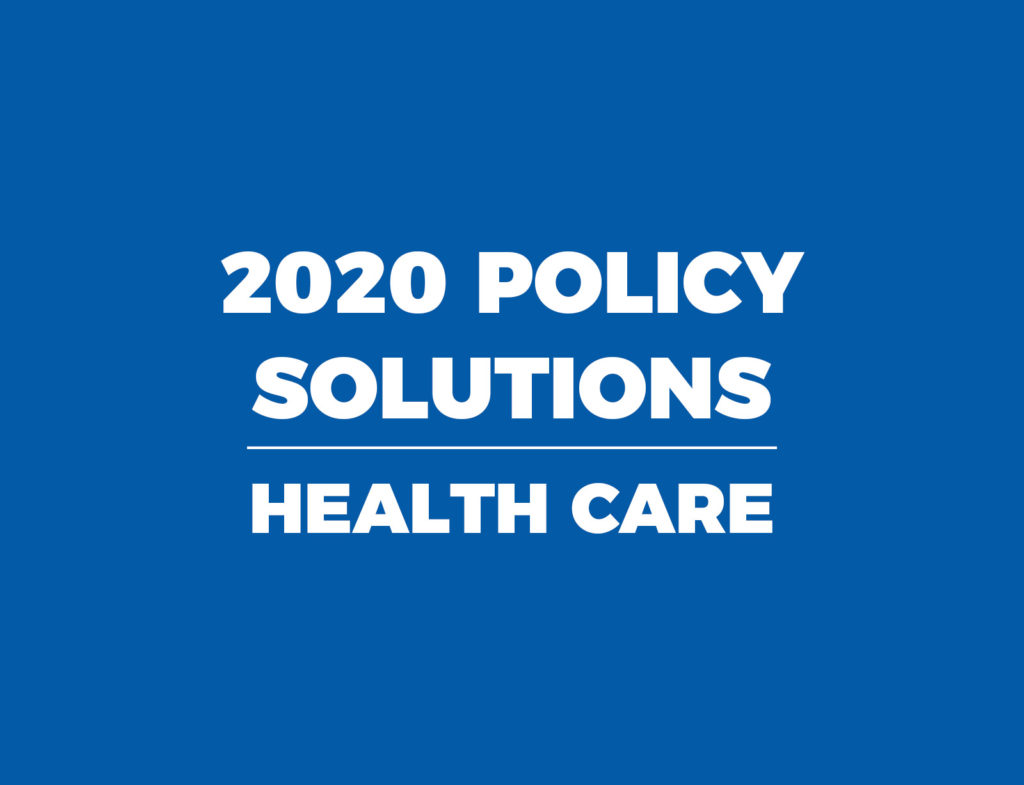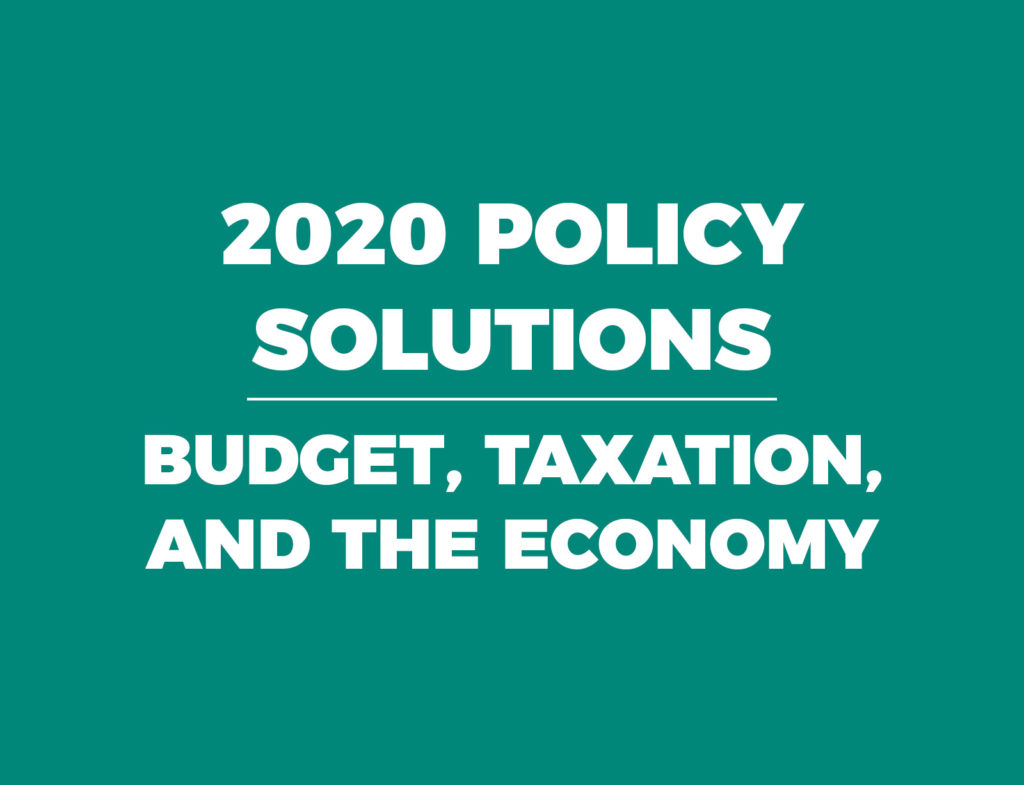Introduction
Updated as of January 2020.
North Carolina’s regulatory environment has improved steadily in recent years. The General Assembly under Republican leadership has passed Regulatory Reform Acts regularly since 2011, preventing and even reducing some unnecessary red tape that holds back small businesses, domestic industries, and local entrepreneurs.
This effort is making North Carolina a national model for other states seeking ways to boost employment and job creation by giving risk-takers and job creators ever more room to move.
Still, plenty of work remains. The John Locke Foundation’s First in Freedom Index ranked North Carolina’s regulatory freedom 36th out of the 50 states — eighth out of the 12 Southeastern states. Occupational regulations are a significant obstacle to North Carolina having greater regulatory freedom.
Red tape and regulations harm economic growth. That is a consistent finding across the great bulk of economic studies of the issue. In 2019, federal regulation cost American consumers and businesses $1.9 trillion from lost economic productivity and higher prices. That’s so big that it towers over the economies of all but eight nations in the world, including Canada’s.
Adding more and more red tape to an economy is like adding more and more bricks to the trunk of your car. Over time the engine loses fuel efficiency, the car can’t go as fast, and it takes longer and longer and costs more and more to reach mileposts than before. Take the bricks out, and you will restore speed and performance. Take the red tape out and keep more from creeping in, and the state’s economy will then grow faster and better.
More lightly regulated industries grow much faster and produce at much higher rates than more regulated industries. Cutting red tape and keeping regulatory burdens light and up to date are essential for economic growth — which means personal income growth, too.
There are several reforms open to leaders hoping to free North Carolina from unnecessary red tape. The goal is to produce sound, common-sense rules only when needed and without unnecessarily hamstringing the economy.
Key Facts
- A 2015 study by economists at Beacon Hill Institute estimated that state regulations cost North Carolina’s economy as much as $25.5 billion — and that’s just for one year. This regulatory slowdown goes on, year after year, like a car loaded down with bricks.
- In 2013, the General Assembly enacted a significant reform for administrative rules: sunset provisions with periodic review. By July 2019, over 19,000 total rules had undergone review, and over 2,000 rules had been repealed. More than one in 10 rules reviewed had been repealed.
- North Carolina is one of only six states without small-business regulatory flexibility. This reform lets agencies make common-sense adjustments to small businesses’ regulatory burdens, such as compliance and reporting requirements. Those things are more expensive for small businesses, which make up 99.6 percent of North Carolina’s employers.
Recommendations
- Implement a “rules throttle” for legislative ratification of certain rules. A “rules throttle” approach would require legislative scrutiny of rules that impose a significant cost on the state’s private sector, whether directly or indirectly. A rule that meets a statutory threshold for significant regulatory cost would need ratification in the legislature, the lawmaking body accountable to the public, before it can take full effect. The process adopted by Florida in 2010 has yielded strongly positive results and increased cooperation between the legislature and state agencies in rulemaking.
- Enact default mens rea statutes. North Carolina’s administrative code and general statutes often lack “mens rea,” which is a crucial, common-law protection against facing prosecution for unintentionally breaking a rule or law. A default mens rea statute would restore this protection.
- Enact reforms to occupational licensing. See Occupational Licensing.
- Consider other reforms. Reforms include small-business flexibility analysis, regulatory budgeting (also called regulatory reciprocity), stated objectives and outcome measures, implementing strong cost/benefit analysis, and expanding to all state agencies the no-more-stringent laws that are already placed on state environmental agencies.



